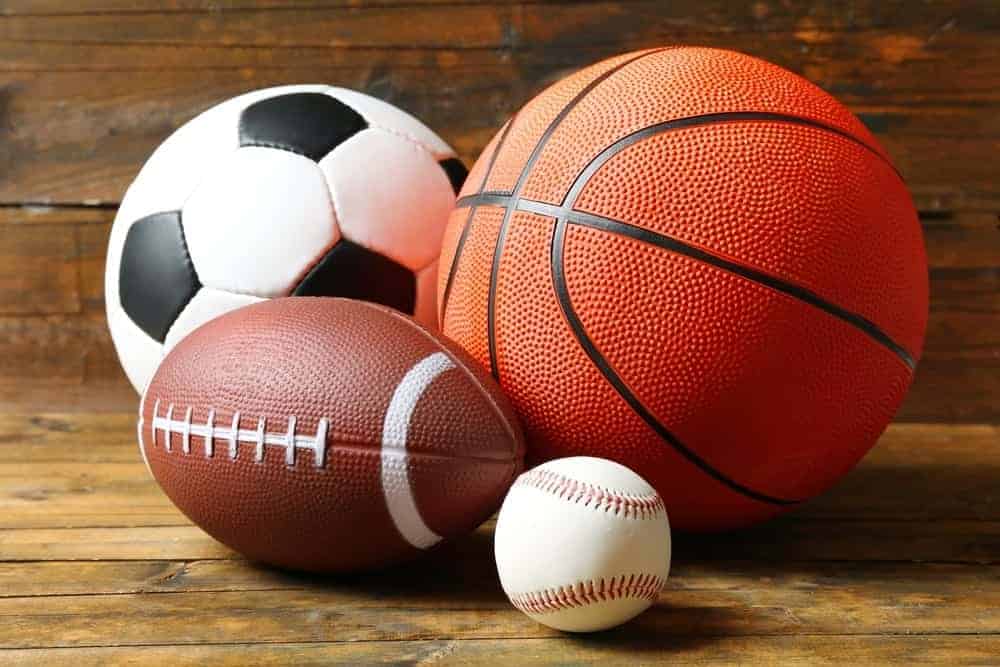Hydration Rules Athletes Must Never Ignore
Athletic performance depends on more than strength and skill—it relies profoundly on body fluid balance. Hydration in sports is not merely about quenching thirst; it is the foundation of endurance, stamina, and recovery. Athletes who master fluid management unlock reserves of energy that separate the good from the exceptional.
Why Proper Fluid Balance Determines Performance
Even a slight reduction in body water can impair focus, slow reaction times, and reduce muscular efficiency. Dehydration increases cardiovascular strain, making the heart work harder while diminishing oxygen delivery to muscles. For endurance athletes, this creates early fatigue. For power-based sports, it results in weakened force output.
The Science Behind Sweat and Loss
Sweat is not uniform. It carries essential electrolytes—sodium, potassium, chloride, and magnesium—each vital for muscle contractions and nerve signaling. When these minerals vanish unchecked, cramps, dizziness, and even heat-related illnesses arise. The more intense the exertion and the hotter the environment, the greater the losses. Ignoring these variables leaves athletes vulnerable to underperformance.
Pre-Competition Fluid Strategies
Preparation begins long before stepping onto the field or court. Athletes must arrive hydrated, not scramble to correct deficits minutes before performance. Drinking steady amounts of water in the 24 hours prior ensures tissues are primed. Including fluids rich in electrolytes provides a buffer against heavy losses. Urine color monitoring offers a simple, effective check—pale yellow signals readiness.
Hydration During Activity
Sipping consistently is superior to guzzling sporadically. The body absorbs smaller, regular amounts more efficiently, preventing both dehydration and gastric distress. Sports lasting longer than one hour demand more than water; isotonic drinks containing electrolytes and carbohydrates sustain energy and delay exhaustion. Temperature also matters—cool fluids empty from the stomach faster, accelerating absorption.
The Role of Electrolyte Drinks
For sports played under high heat or humidity, electrolyte replenishment is non-negotiable. Sodium is particularly critical, as its loss drives hyponatremia when replaced only with water. Symptoms include confusion, headaches, and in extreme cases, seizures. Well-formulated sports beverages avert this danger while boosting endurance.
Post-Performance Replenishment
Recovery is a phase often neglected. Yet the body’s repair processes require restoration of both fluids and minerals lost. Weighing before and after activity reveals fluid deficits, allowing tailored rehydration. For every kilogram of body weight lost, athletes should aim to replace approximately 1.5 liters of fluid over the subsequent hours. Pairing fluids with balanced meals accelerates both glycogen resynthesis and electrolyte restoration.
Recognizing Warning Signs
Fatigue, dark urine, irritability, and decreased coordination are early alarms. Left unchecked, these escalate into heat exhaustion or heat stroke, which can be life-threatening. Athletes must learn to interpret these signals in themselves and teammates, ensuring intervention before consequences worsen.
Tailoring Hydration by Sport
Different disciplines impose unique demands. A marathon runner faces steady, prolonged sweat losses. A tennis player competes under intense bursts of exertion with limited breaks for fluid intake. A weightlifter contends with less sweat but must maintain muscle function under strain. Each requires personalized hydration protocols, guided by duration, climate, and individual sweat rates.
Myths That Mislead Athletes
One enduring myth suggests thirst alone is an adequate indicator. Yet by the time thirst emerges, dehydration has already begun. Another misconception is that all fluids are equal. Coffee and alcohol, for example, act as diuretics, promoting fluid loss. True performance hydration hinges on water, electrolytes, and in some cases, carbohydrate solutions tailored for endurance.
Building a Hydration Habit
Consistency is paramount. Training sessions should serve as rehearsals for hydration strategies, not experiments left for competition day. Athletes must understand how their bodies respond, adjusting timing, volume, and composition accordingly. This habitual discipline creates resilience, ensuring fluid balance even under the harshest conditions.
Hydration is not a trivial detail; it is an invisible yet decisive factor shaping athletic success. Those who respect the science behind fluid balance extend careers, reduce injury risks, and perform closer to their peak potential. Ignoring these principles courts fatigue, mistakes, and preventable health crises. For champions, mastery of hydration is mastery of endurance.





